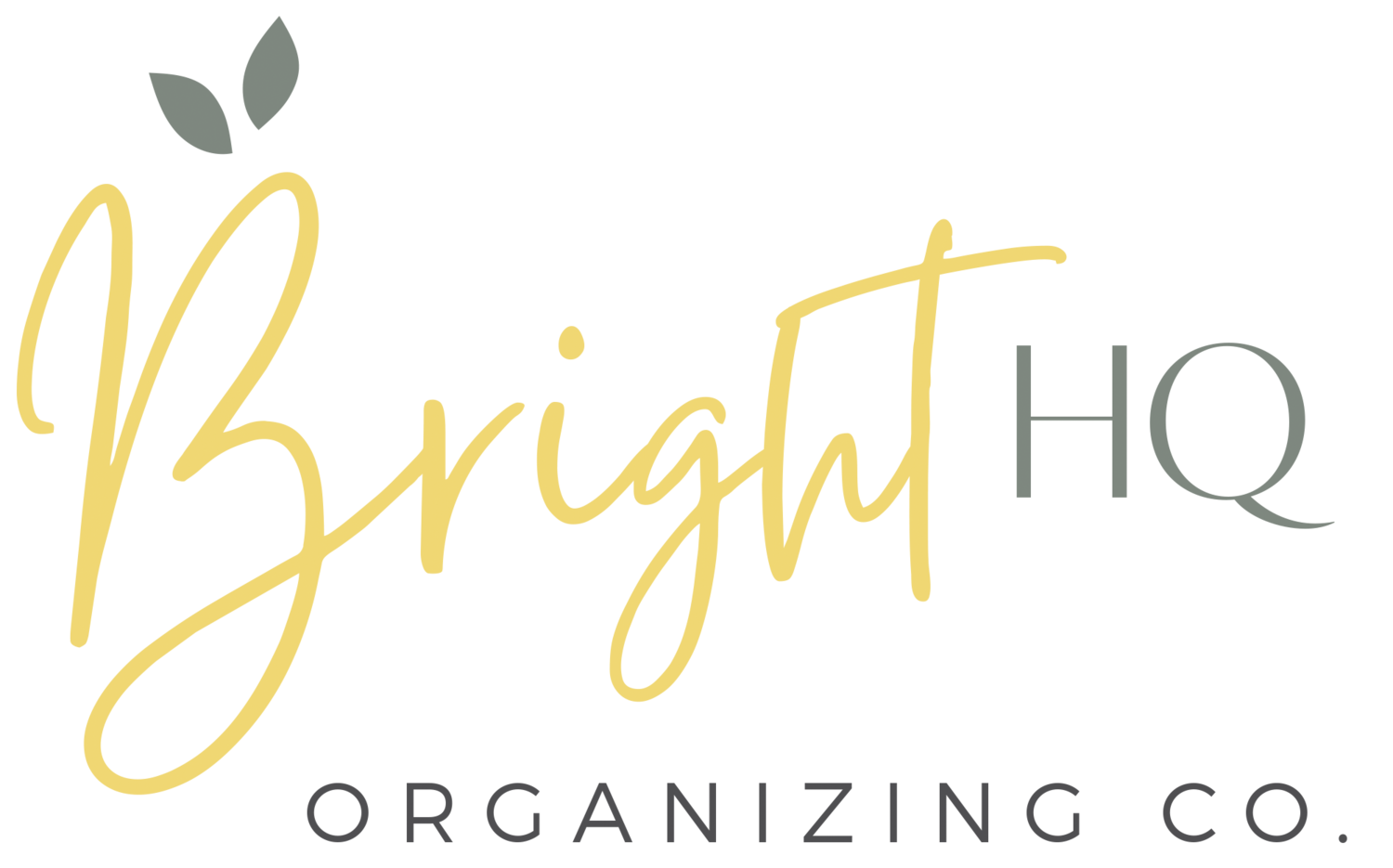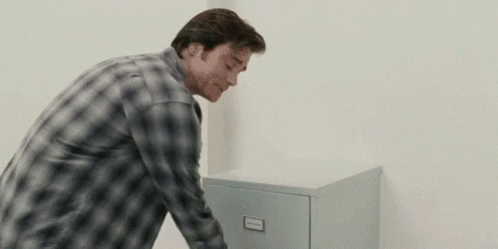The Filing Cabinet: Ending the Paper Pile-Up
Paper. It’s a subject most people don’t like, but it is important to understand how to deal with it.
Today we’re going to focus on the parameters of paperwork and what does or does not need to be kept, with the caveat that this only applies to people without a business since those rules are completely different.
To start, let’s run through the basic files everyone should have:
Health & Medical
Insurance (with separate files for Life, Auto, Home, Travel & Medical)
Automobiles (Maintenance Receipts, Purchase Docs, Leasing Agreements, etc)
Home (Property Assessments, Maintenance Receipts, Land Title, etc)
Employment (Records of Employment, Letters of Recommendation, Company Policies, etc)
Pet
Important Docs (Passports, Birth Certificates, Marriage Certificates, etc)
Wills (yours & any family member you’re an executor of)
Taxes
I’m sure, for most of you, those basic files make sense. But what about the following:
Investments
Banking
Credit Cards
Utilities.
Do these cause a bit more confusion and uncertainty? If they do, I’ll give you a piece of advice that we give all of our clients:
If you received this information from an outside source, the information will always exist with the original source. So although your ability to access it may not always be easy, the information will always be there. The parameters on what you keep and for how long is about your comfort level, not the law. These files are sent to you as reference material only so once you’ve made reference to them, technically, they can be destroyed.
So there’s your permission to let go of those files from two decades ago…
But, all that being said, we find most clients like the idea of a 2 year rule. If that gives you comfort, by all means, set up your filing system that way. So, for example, you may have:
TD Investment - 2019
TD Investment - 2020
RBC Line of Credit - 2019
RBC Line of Credit - 2020
If you set up your system this way, no problem. Just be sure to rotate files every January so you’re only keeping current years.
Bonus Step:
If you don’t own a business, there is no reason you need to keep your monthly utility statements. Once you pay them, they can be shredded.
Bright Idea:
Get rid of your tiny shredder. Keep a bankers box in your office and throw your shredding in it. Once or twice a year, take it to Staples and they will shred the entire box for about $20. It saves so much time and energy. And if you’re wondering what to shred, we recommend shredding anything with your name on it. Period.
Wow! This subject was a bit of a whopper!! If we’ve managed to hold your attention this far and you still have questions, please don’t hesitate to reach out. Although you can apply basic rules, there’s always some personalization required to get it right. So call anytime!


